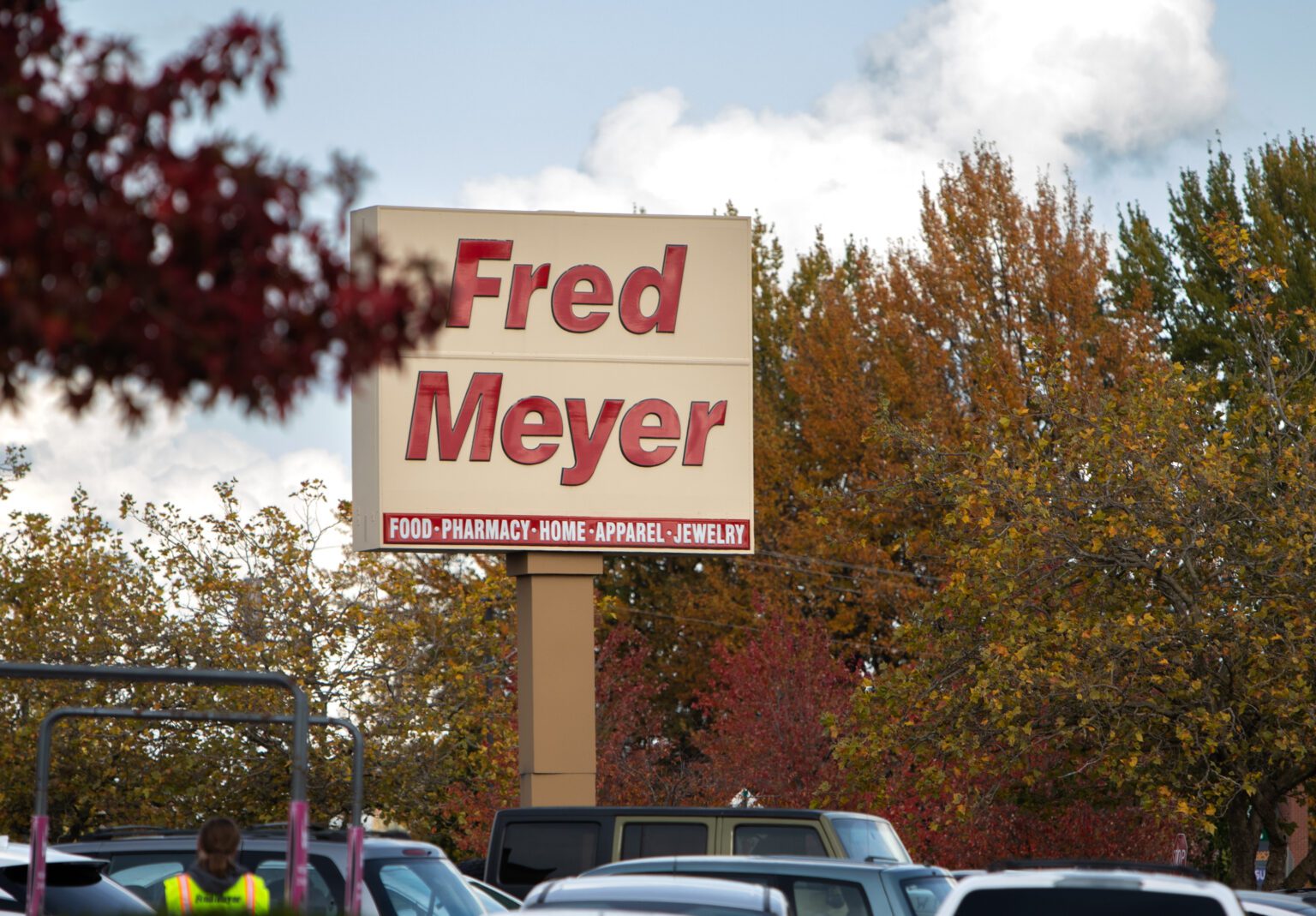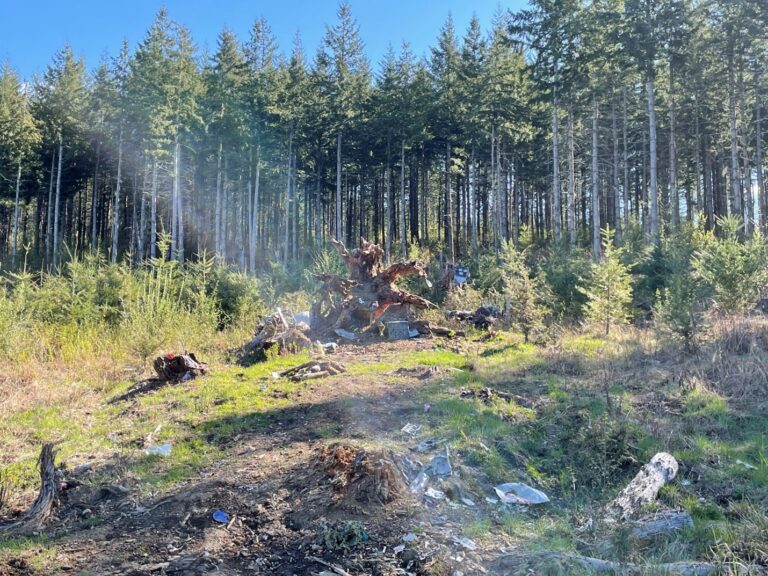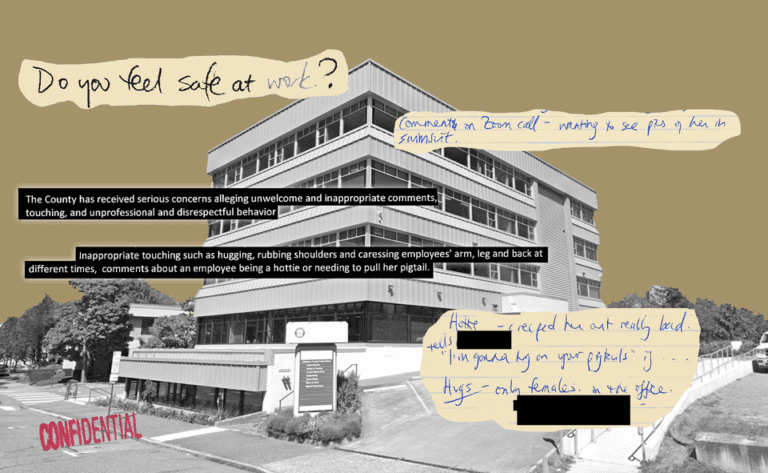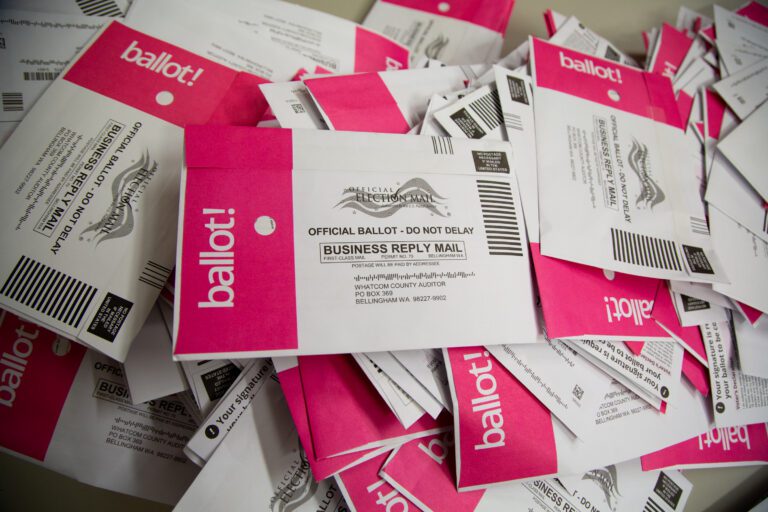COVID-19-related hazard pay for grocery workers in Bellingham ended Monday, along with the city’s COVID-19 emergency proclamation.
Bellingham Mayor Seth Fleetwood had announced the hazard pay cutoff on Sept. 26, lining the decision up with actions by Gov. Jay Inslee, who also ended the state’s emergency proclamation on Oct. 31.
The original ordinance, which required additional compensation for certain grocery employees in Bellingham, was passed on a 5–2 vote during a May 2021 City Council meeting.
The decision required $4 to be added to grocery workers’ hourly pay. Grocery stores with 40 or more employees in Bellingham, and 500 or more worldwide, were required to implement the pay increase. The ordinance referenced a study done by the Brookings Institution, a nonprofit public policy organization, that found top retail companies were breaking sales records during the pandemic.
“These profits are at least in part due to the efforts of grocery employees and other essential workers working, despite a lethal pandemic and an above-average susceptibility and risk of exposure to COVID-19 in their workplace,” the ordinance stated.
Ethan Ulrich, a cashier who has worked at the Lakeway Drive Fred Meyer for over three years, said the hazard pay helped him during the pandemic, providing relief in times of stress. He heard about the end of the hazard pay from unhappy coworkers, and it was enough to make him consider quitting.
He has heard similar sentiments from his peers.
“I feel like the company just doesn’t want to pay us extra money anymore,” Ulrich said.
With the hazard pay, Ulrich was making $18–$19. Without it, his pay is back to $14–$15, around the state’s minimum wage, which is currently $14.49.
When Fleetwood announced the end of the emergency proclamation, he cited it as a step toward normalcy as the community leaves behind the worst stages of the pandemic. He said he recognized the pandemic is not fully over and continued attention to the community’s health and well-being is required.
The hazard pay was implemented to promote job retention, compensate workers for the risk of working on the frontlines of a pandemic, support their financial ability to protect themselves and their families from COVID-19, and to support the community that relies on grocery store workers for access to food, the ordinance stated.
“We were taking actions large and small to protect individuals and families, serve vulnerable populations, preserve our economic vitality, reduce demand on ICU capacity and health care workers, and save lives,” Fleetwood said in the announcement.
The lifting of the COVID-19 emergency proclamation also means the City Council and all boards and commissions must host in-person public meetings while permitting members to participate remotely. The proclamation was also tied to the Unity Village tiny home permit. City officials are working with the community to update its permit, the mayor’s office said.
This story was updated at 9:27 p.m. Nov. 1, 2022, to correct the date of Mayor Seth Fleetwood’s announcement about the hazard pay cutoff. Cascadia Daily News regrets the error.




